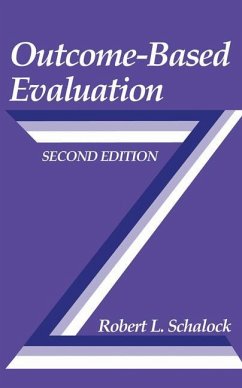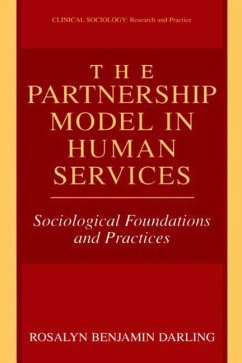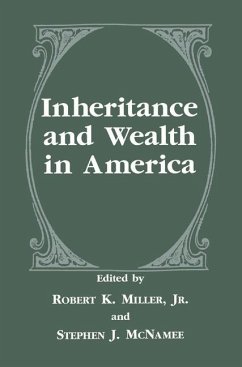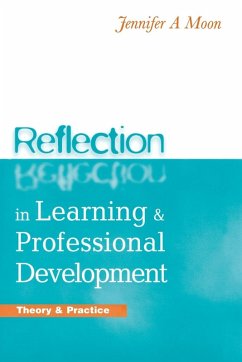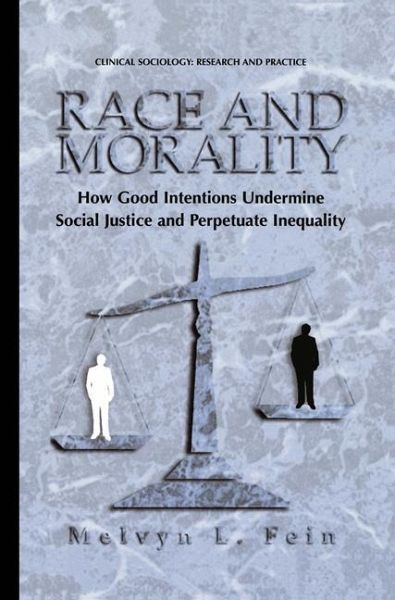
Race and Morality
How Good Intentions Undermine Social Justice and Perpetuate Inequality
Versandkostenfrei!
Versandfertig in 1-2 Wochen
77,99 €
inkl. MwSt.
Weitere Ausgaben:

PAYBACK Punkte
39 °P sammeln!
After I had finished my presentation, a colleague and I sat rocking on the hotel porch to discuss its merits. It was a picture-perfect fall day in Jekyll Island Georgia, and he was a friend. Yes, he explained, what I was saying seemed to be true. And yes it probably needed to be said, but why did I want to be the one to say it? Wasn't I, after all, a tenured professor who didn't need to make a fuss in order to retain his job? Didn't it make sense to just kick back and enjoy the easy life I had earned? The topic of our tete-a-tete was my speculations about race relations and he was certain that...
After I had finished my presentation, a colleague and I sat rocking on the hotel porch to discuss its merits. It was a picture-perfect fall day in Jekyll Island Georgia, and he was a friend. Yes, he explained, what I was saying seemed to be true. And yes it probably needed to be said, but why did I want to be the one to say it? Wasn't I, after all, a tenured professor who didn't need to make a fuss in order to retain his job? Didn't it make sense to just kick back and enjoy the easy life I had earned? The topic of our tete-a-tete was my speculations about race relations and he was certain that too much honesty could only get me in trouble. Given my lack of political correct ness, people were sure to assume that I was a racist and not give me a fair hearing. This was a prospect I had previously contemplated. Long before embarking on this volume I had often asked myself why I wanted to write it. The ideological fervor that dominates our public dialogue on race guaran teed that somepeople would perceive me as a dangerous scoundrel who had to be put in his place.








